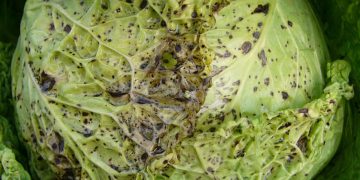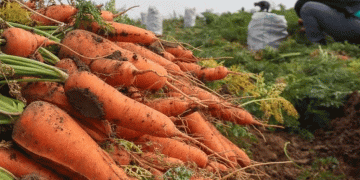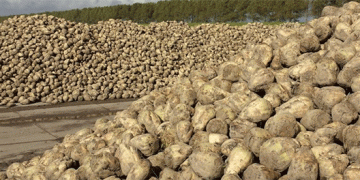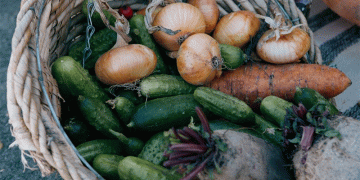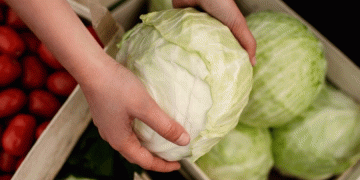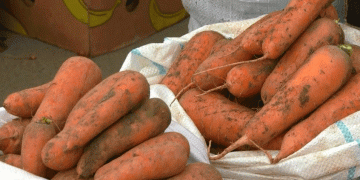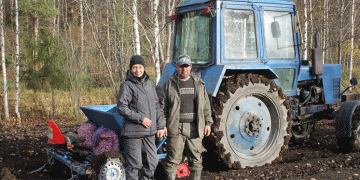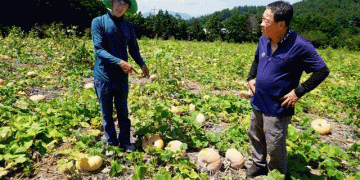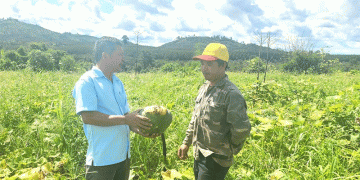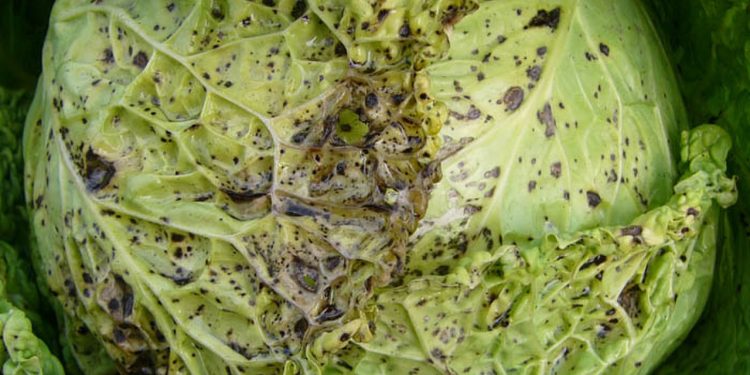#planthealth #cropproduction #mosaicvirus #cauliflowermosaicvirus #foodsecurity #managementpractices #geneticresistance
Mosaic viruses are plant diseases that can severely affect crop production, including vegetables and fruits. Among these viruses, the Cauliflower mosaic virus (CaMV) is one of the most common and devastating. In this article, we will explore the implications of CaMV on plant health, as well as the potential consequences of its development.
CaMV is a member of the family Caulimoviridae and has a wide host range, including crucifers, solanaceous plants, legumes, and ornamentals. The virus causes a mosaic-like pattern on infected plants, resulting in reduced growth and yield. CaMV can also cause stunted growth, distorted leaves, and flower abortion.
Development of CaMV can occur through various means, including insect vectors, seed transmission, and vegetative propagation. Infected plants can serve as a reservoir for the virus, increasing the likelihood of spread to nearby plants. Once a plant is infected, there is no cure for the virus, and the best management practices involve preventing the spread of the virus to healthy plants.
The consequences of CaMV development can be severe, including reduced crop yield and economic losses for farmers. Additionally, CaMV can have a significant impact on food security, especially in regions where crucifers and other host plants are essential crops.
To prevent the development and spread of CaMV, farmers can adopt several management practices, including crop rotation, use of insecticides, and removal of infected plants. Additionally, researchers are exploring genetic resistance to CaMV in plants, which could provide long-term solutions to the virus.
CaMV is a significant threat to plant health and crop production, and understanding its implications is essential. By adopting effective management practices and exploring long-term solutions, we can mitigate the consequences of CaMV and ensure food security for communities worldwide.
